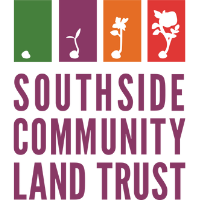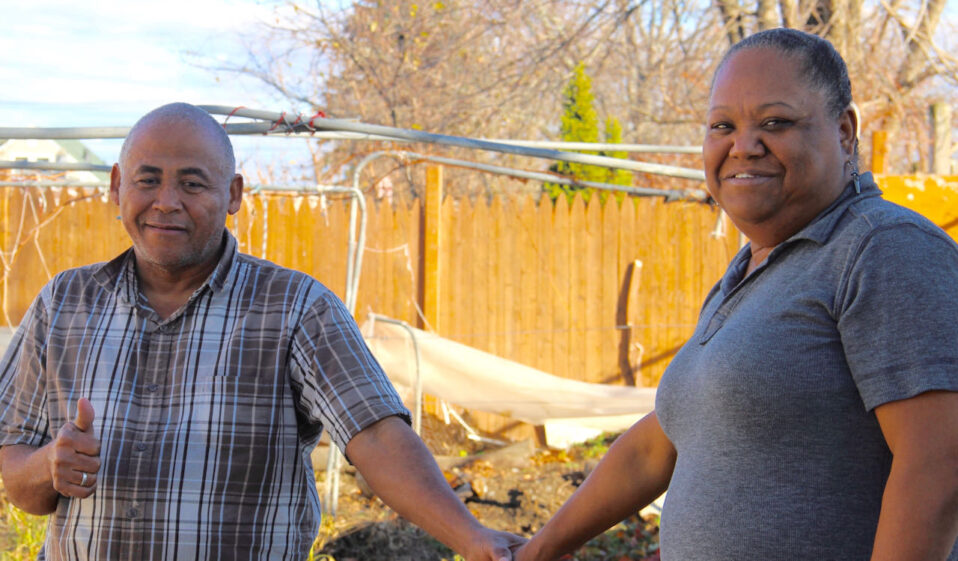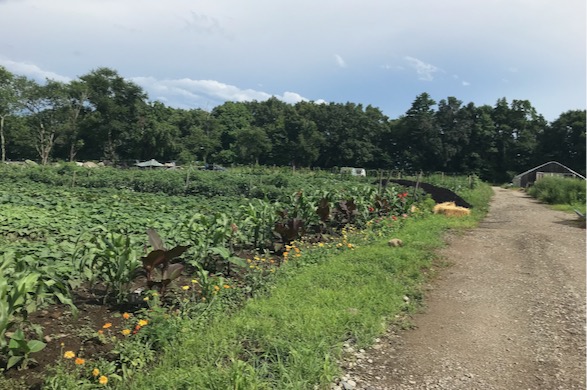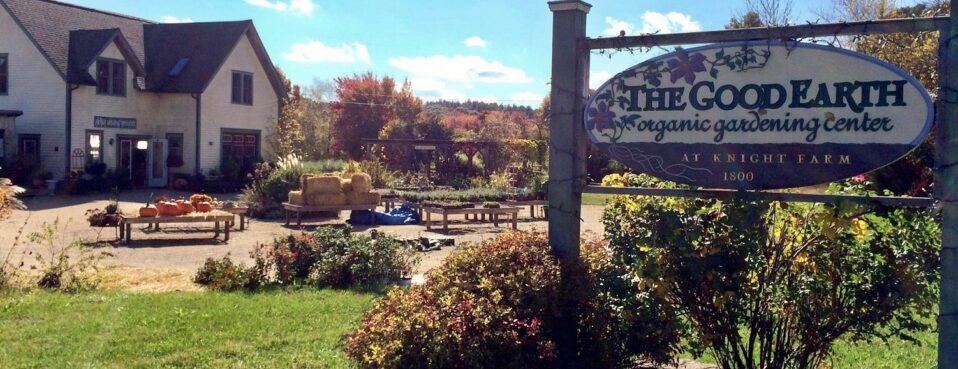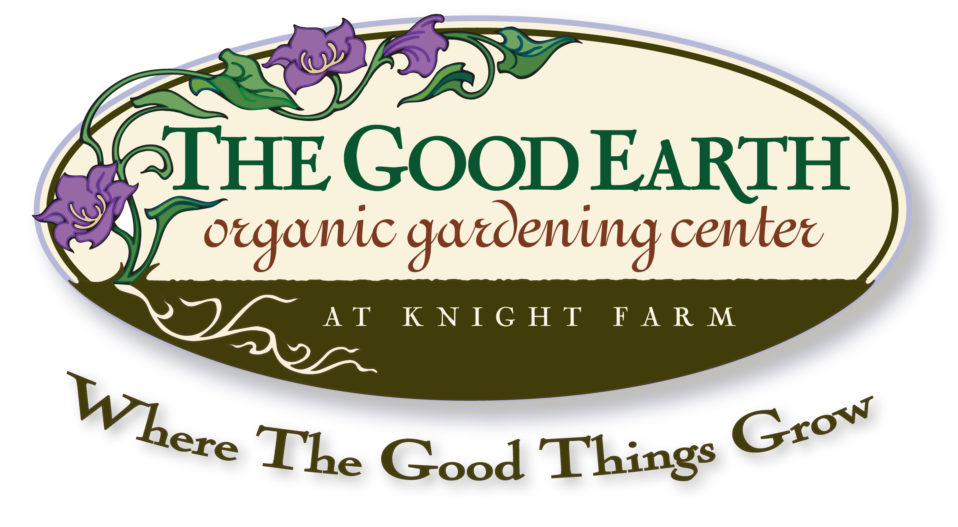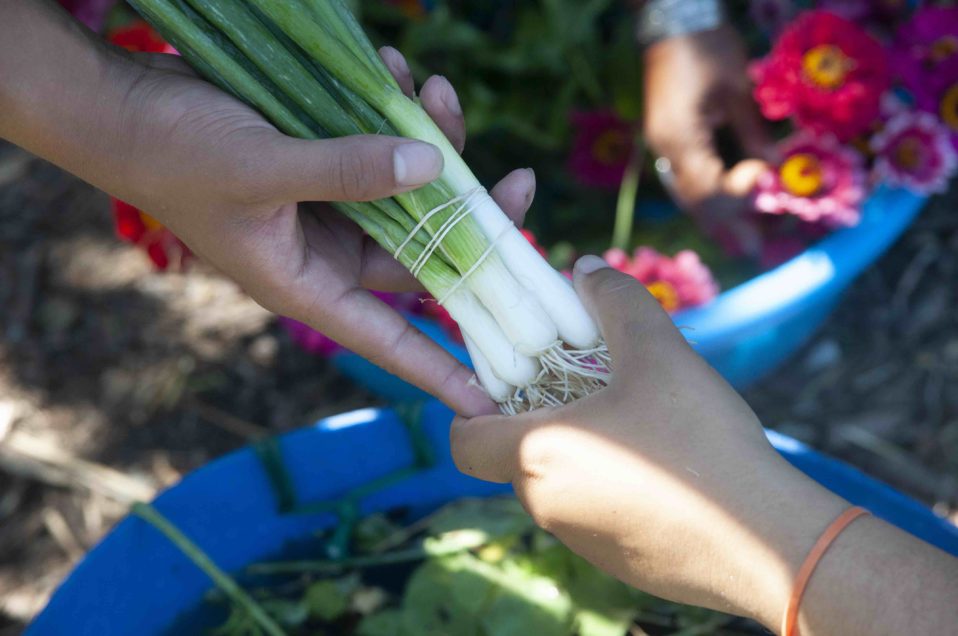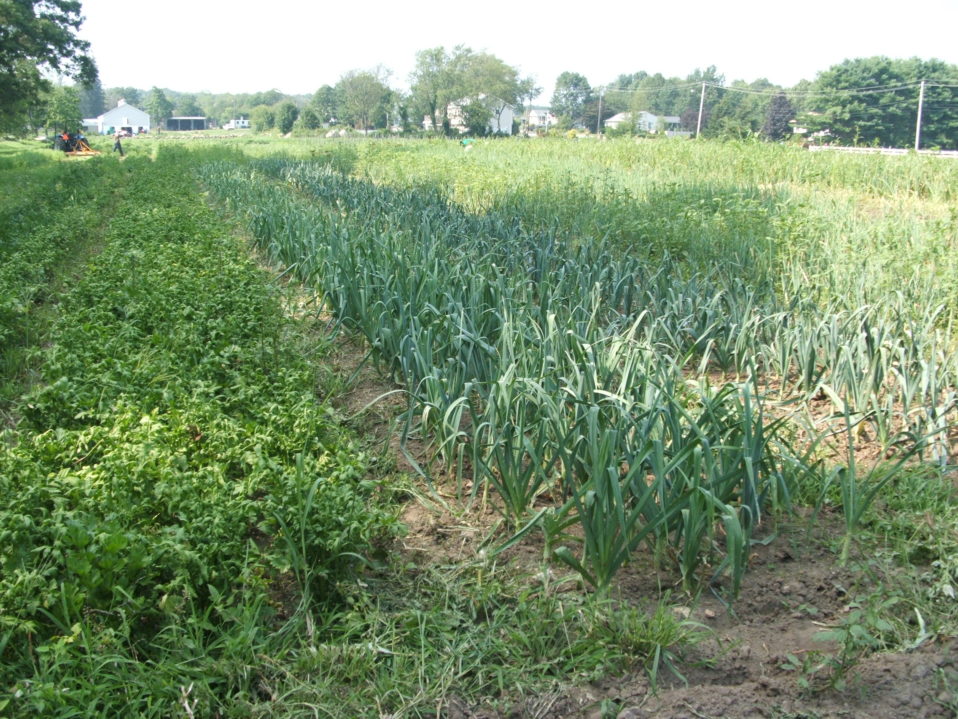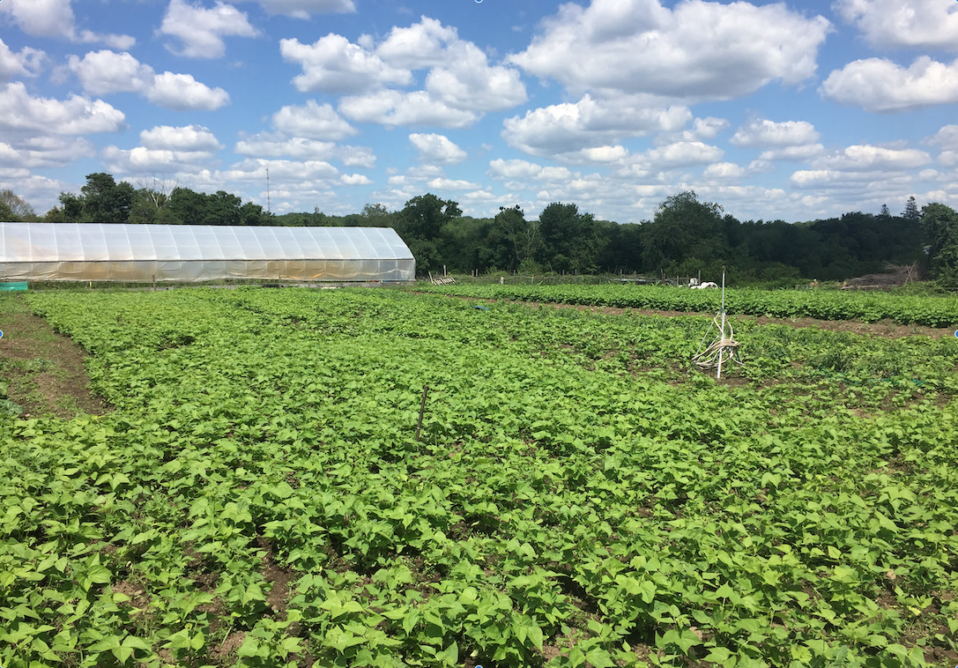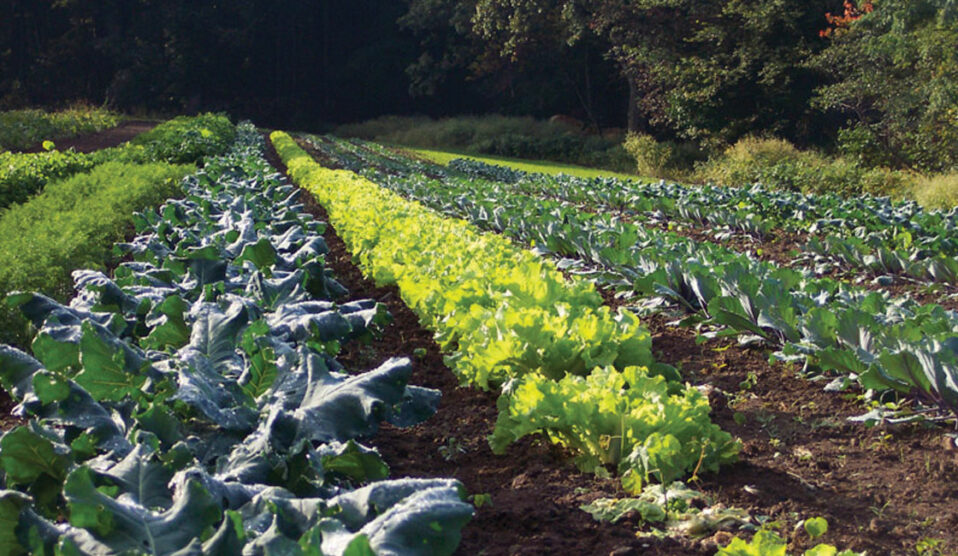This spring, the American Farmland Trust awarded SCLT a $5,000 grant toward the purchase of The Good Earth Farm in Cranston and awarded a $5,000 grant to farmers Teo and Margarita Martinez, whose business is located at Urban Edge Farm.
Cranston farm purchase opens up land for more growers
It’s official! As of July 2, 2021, SCLT became the new owner of the Good Earth Farm, located at 1800 Scituate Avenue in Hope, RI. The 20-acre property includes a barn, three heated greenhouses, two high tunnels and a small retail operation.
The future looks good for new farmers in RI
In 2021, SCLT will be offering increasing support for local farmers, expanding access to farmland and improving our ability to distribute healthy food, particularly in local Black and Brown communities.
NRICD’s online sale of trees and shrubs is underway until April 24
The Northern RI Conservation District’s Annual Seedling Sale is running now through April 24. Purchases help to support conservation programs throughout Providence County.
Giving Tuesday match supports major farm expansion project
This year, a generous donor is funding a dollar-for-dollar match towards the purchase of The Good Earth Farm in western Cranston.
Partnership expands possibilities for farmers in Western Cranston
Starting last year, SCLT staff began nurturing a business relationship with the owners of The Good Earth Organic Farm and Gardening Center, in rural Western Cranston.
Pandemic focuses public’s attention on diet-related health disparities
SCLT staff adapt programs to expand food access, ensure farmer safety in wake of COVID-19
Land Access group continues to break new ground
Since SCLT’s founding nearly 40 years ago, staff have focused on providing access to land for people who want to grow food. This started with community gardens in Providence, but now includes large urban and rural farms in multiple Rhode Island communities.
Urban Edge Farm plays growing role in state’s food economy
Driving down Pippin Orchard Road in Cranston, number 35 stands out. There’s a large sign for Urban Edge Farm next to the driveway. Turn in and you will see beautiful herbs, luscious vegetable fields, and an old barn.
Farmland available at Urban Edge Farm
SCLT is opening up more acreage for small-scale farmers this year at Urban Edge Farm (UEF).
- 1
- 2
